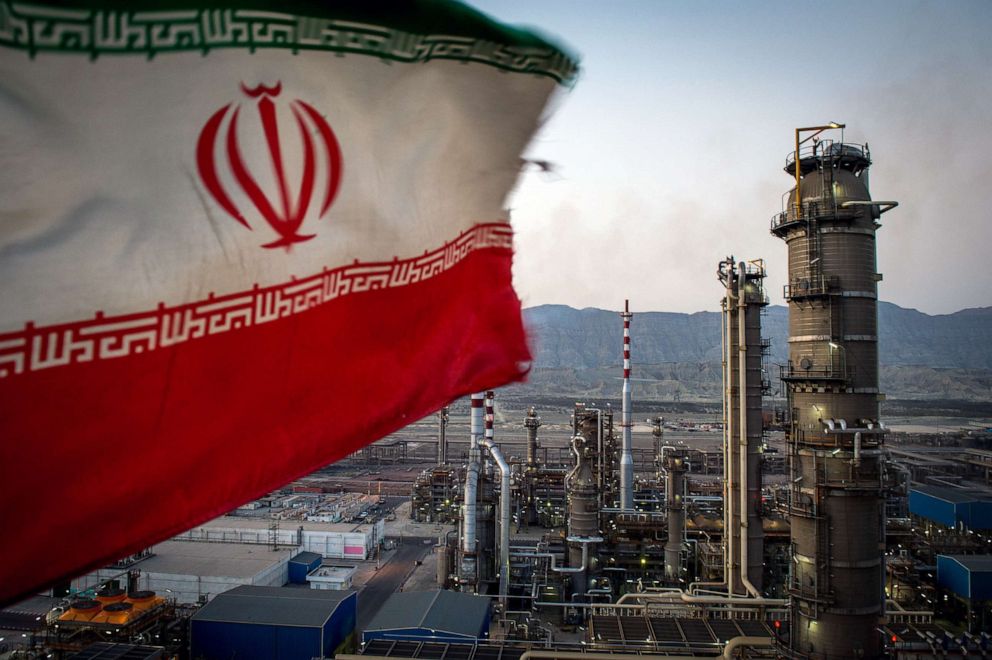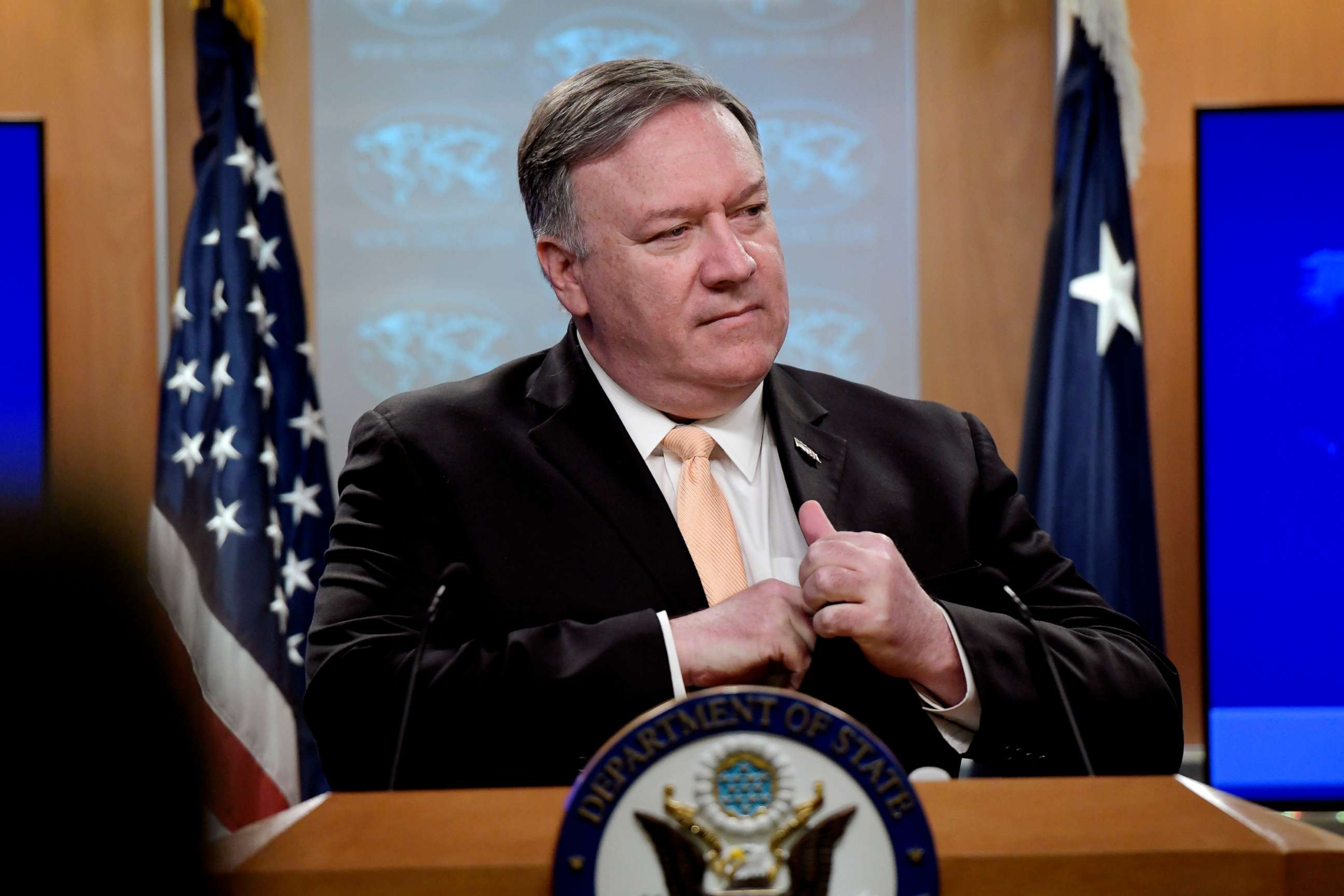US ends waivers for Iran oil sanctions, tightening economic pressure on regime
The State Dept. would not say what penalties purchasers of Iran's oil could face
The U.S. will no longer grant any waivers to countries to purchase Iranian oil, fully implementing the sanctions that President Donald Trump reimposed nearly a year ago when he withdrew from the Iran nuclear deal.
The end of waivers means that those countries that continue to buy Iranian oil will face sanctions, according to Secretary of State Mike Pompeo, with the goal to get Iranian oil exports to zero and to get Iran to the negotiating table.
"We've made clear our seriousness of purpose. We are going to zero. How long we remain there, at zero, depends solely on the Islamic Republic of Iran's senior leaders," he said.
The move has triggered global oil markets, with crude oil at its highest level in almost six months, and has set up a showdown with U.S. allies and adversaries alike. China, India, Turkey, Japan, South Korea and Taiwan were relying on the waivers to avoid being sanctioned by the U.S., but they could now be hit with economic penalties after their waivers expire on May 2.

Pompeo said the administration has used the "highest possible care to ensure market stability," especially by working with partners Saudi Arabia and the United Arab Emirates to increase production. But the price of oil has climbed recently, as U.S. sanctions also hit Venezuela, and the conflict in Libya makes production there volatile.
Trump tweeted in support of that message, writing, "Saudi Arabia and others in OPEC will more than make up the Oil Flow difference in our now Full Sanctions on Iranian Oil."
Trump went on to accuse former Secretary of State John Kerry of giving "VERY BAD advice" to Iran in a possible "Big violation of Logan Act," which makes it illegal for unauthorized citizens to negotiate with foreign governments in dispute with the U.S.
Kerry is a favorite target of Trump and some of his senior advisers for meeting with Iranian officials since leaving office and apparently telling them to wait Trump out -- activity that critics call unseemly, but is not likely criminal, since no one has been prosecuted under the Logan Act since 1852.
It's unclear what sanctions would look like, whether each country would face them if they did not completely end their import of Iranian oil, and when. Senior State Department officials dismissed those questions as hypothetical at this point, but Pompeo hinted at cutting off access to the U.S. financial market.
"We've made clear: If you don't abide by this, there'll be sanctions. ... To conduct these transactions, one almost always needs to participate in financial markets," he said.

Turkey's Foreign Minister Mevlüt Çavuşoğlu was quick to respond, rejecting "unilateral sanctions and impositions on how to conduct relations with neighbors," Çavuşoğlu said in a tweet.
While the sanctions tighten the economic pressure on Iran's government, Pompeo said the ultimate goal is to get Iran to change its behavior, especially its ballistic missile development, funding of groups like Hamas and Hezbollah, and detention of U.S. citizens.
"If they're prepared to come to the table and negotiate those things to get to that outcome, fantastic. If not, the campaign with which we've been engaged ... will continue," he said.
But while he reportedly told a group of Iranian Americans privately that the Trump administration will not use military force to overthrow the Iranian regime, he would not repeat that language on Monday. Instead, he warned Iran that "If Americans are attacked, we will respond in a serious way."




